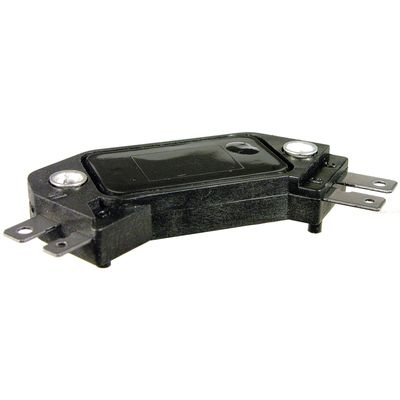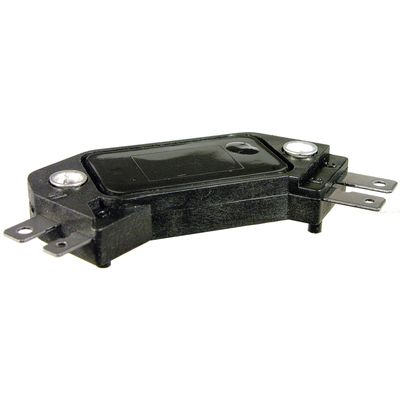Answer
Aug 23, 2024 - 10:15 AM
An Ignition Control Module (ICM) can fail due to several reasons, typically related to heat, electrical issues, and wear over time. Here are some common causes:
-
Heat: The ICM is often located near the engine, where it is exposed to high temperatures. Over time, excessive heat can cause the module to overheat, leading to thermal breakdown of its internal components.
-
Vibration: Constant engine vibrations can lead to mechanical stress on the module and its connections. Over time, this can cause solder joints and connections within the module to weaken or break.
-
Electrical Overload: Surges in voltage, often caused by issues with the alternator, battery, or wiring, can overload the ICM. This electrical stress can damage the sensitive electronic components inside the module.
-
Poor Electrical Connections: Corrosion or loose connections at the wiring harness or ground points can cause intermittent electrical signals, leading to the ICM working harder than it should, eventually causing failure.
-
Aging and Wear: Like any electronic component, the ICM can simply wear out over time due to normal use and aging of its internal components.
-
Moisture: Exposure to moisture, especially if the ICM is not adequately sealed, can lead to short circuits or corrosion of the internal circuitry, causing it to fail.
-
Faulty Spark Plugs or Wires: If spark plugs or ignition wires are worn out or damaged, they can cause increased resistance in the ignition system, which can put extra stress on the ICM, leading to its failure.
-
Manufacturing Defects: Sometimes, an ICM may fail prematurely due to defects in manufacturing or design flaws.
Ensuring good maintenance practices, such as keeping electrical connections clean and secure, monitoring engine temperature, and replacing worn-out ignition components, can help prolong the life of the Ignition Control Module.





Add New Comment